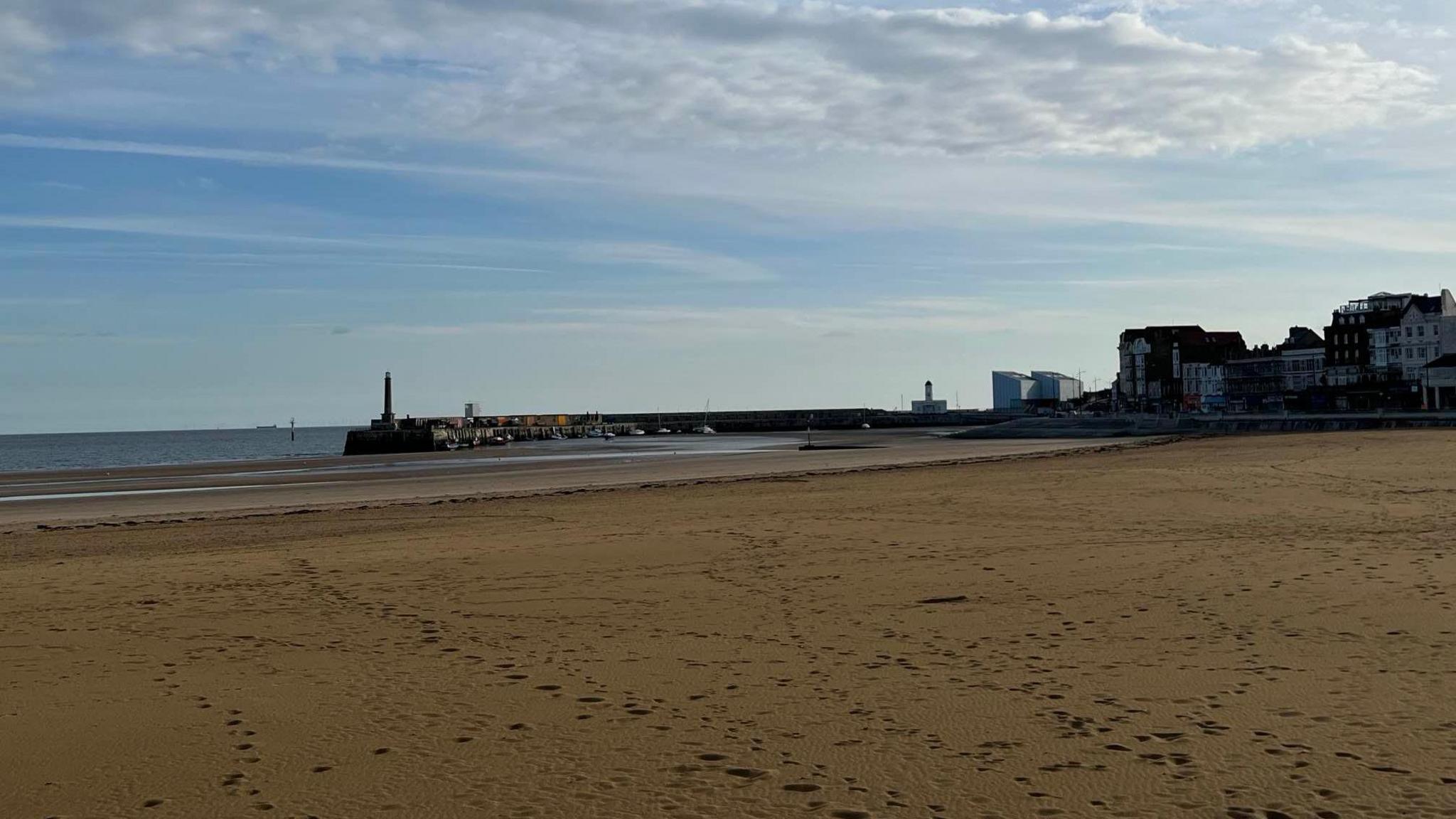Businesses warn tourism scheme could cost jobs
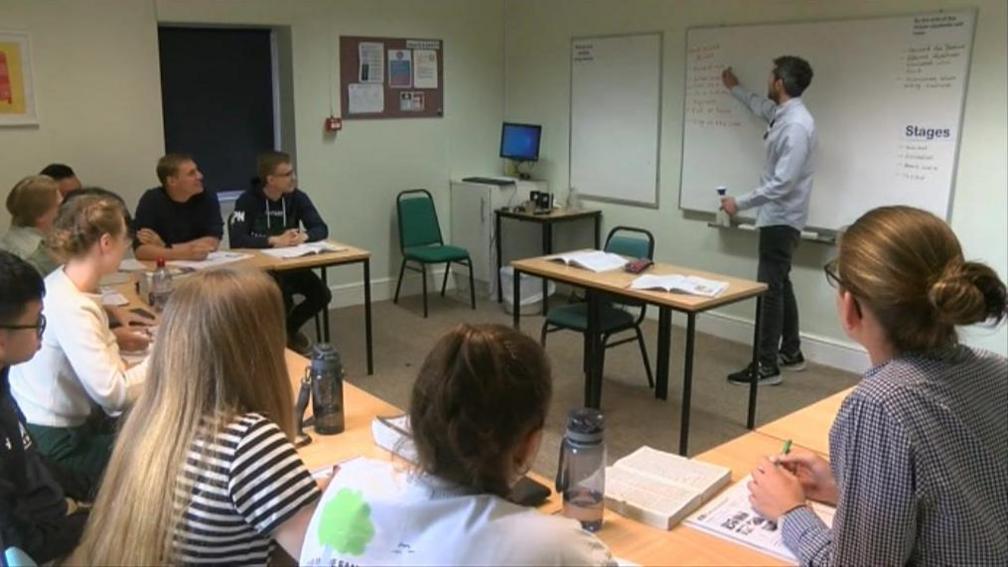
Students from Europe said the requirement to have a passport was a barrier to come to the UK as "not many" of their friends had one
- Published
Businesses relying on international tourism to the South East have warned the government its plan to "digitise the UK border" could lead to job losses.
The UK's Electronic Travel Authorisation (ETA) scheme will soon apply to visitors from Europe, requiring a fee and a biometric passport.
But a language school and a coach company in Kent said they have been struggling since Brexit and fear the ETA scheme will put off even more visitors.
The Home Office said the plans would "enhance security and improve the experience for travellers".
At Hilderstone College in Broadstairs, principal Lee Shutler said the requirement to have a passport rather than travel on an identity card seemed to have put EU students off.
He said the roll-out of the ETA, which was introduced last November and will apply to Europeans from April 2025, was "definitely a Brexit-related decision and is an extra layer of bureaucracy from our perspective".
German students at the school told the BBC "not many" of their friends had a passport because "you can travel just by your ID" in other European countries.
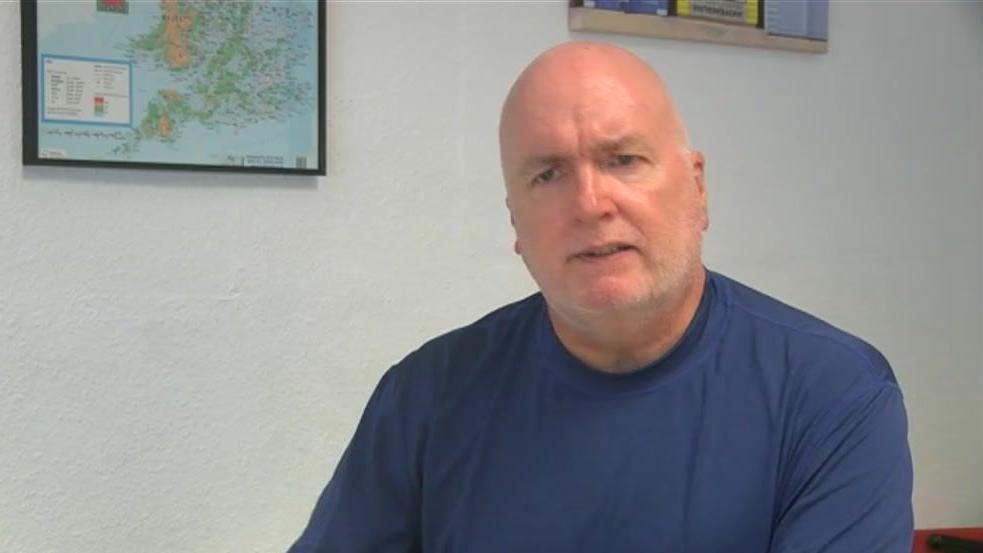
Lee Shutler said the ETA was "an extra layer of bureaucracy"
The Taylor Travel Ltd coach company in Margate said their business has been hit by so many factors in recent years, including fewer foreign students, that they "had to basically beg, steal or borrow in order to stay afloat".
"And then when they reopened the borders of course only half the people came through because of the passports, so it's having a knock-on effect," said owner and director Annette Taylor.
The company said the government needs to do a major rethink of the ETA scheme or more jobs will be lost.
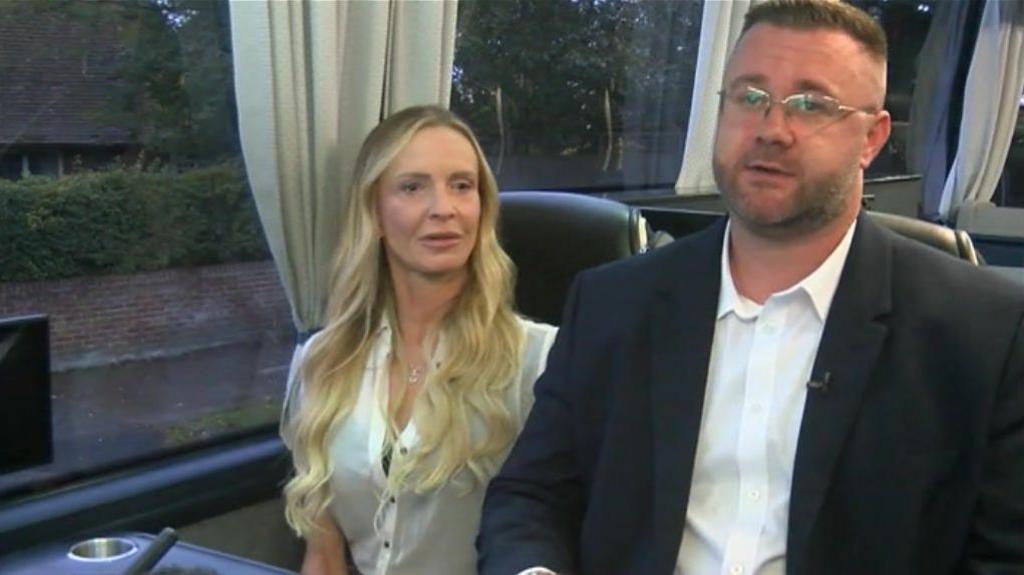
Annette Taylor said the company had to "basically beg, steal or borrow in order to stay afloat"
Deirdre Wells, chief executive of Visit Kent, said inbound students and leisure visitors are "our biggest market".
She warned the ETA scheme was "another barrier" and called for more support for businesses.
A Home Office spokesperson said: “We are introducing Electronic Travel Authorisations (ETAs) to digitise the UK border, enhance security and improve the experience for travellers.
“The digitisation process enables a smooth experience for the millions of people who pass through the border every year while preventing the arrival of those who present a threat.”
Follow BBC Kent on Facebook,, external on X,, external and on Instagram., external Send your story ideas to southeasttoday@bbc.co.uk, external or WhatsApp us on 08081 002250.
Related topics
Related stories
- Published13 September 2024
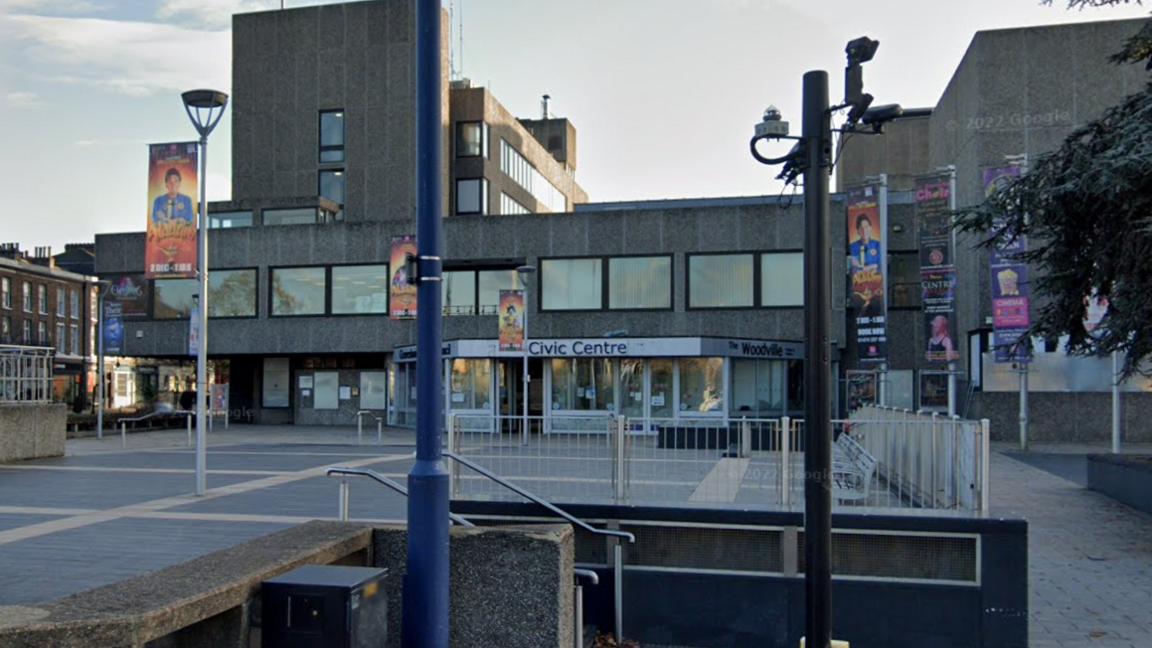
- Published18 March 2024

- Published26 April 2024
